All explainers
Explainer

How it Works: Water for Electricity
Not everyone understands the relationship between electricity and water. This page makes it easy.
Explainer

What is Climate Engineering?
Also known as "geoengineering," it is the intentional large-scale intervention in the Earth’s climate system to counter climate change.
Explainer
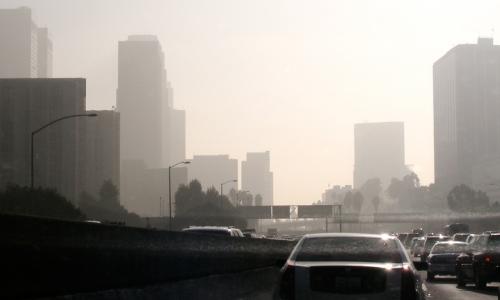
The EPA's Tier 3 Standards
The EPA’s Tier 3 fuel and vehicle standards drastically reduced air pollution and improved public health.
Explainer

Smart Energy Solutions: Improve Energy Efficiency
Improving the energy efficiency of our homes, businesses, and industries can yield quick, significant, and sustained energy savings—and save consumers and businesses billions of dollars in the process.
Explainer
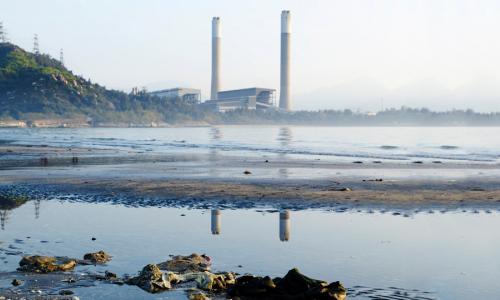
Energy and Water Use
Energy and water use are closely intertwined. Conventional power plants generate power by boiling water to produce steam that spins huge electricity-generating turbines.
Explainer

What's in an Environmentally Responsible Building?
Improving energy efficiency (that is, getting more use out of the electricity we already generate) is an important strategy for reducing our dependence on fossil fuels.
Explainer
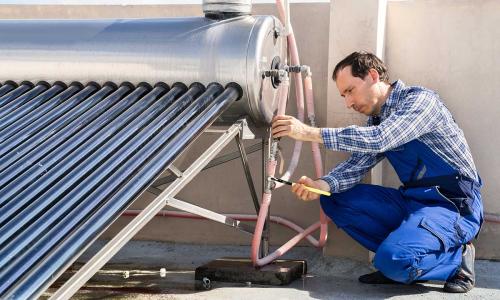
Solar Water Heating
Information and resources on solar water heating for the home and pool.
Explainer
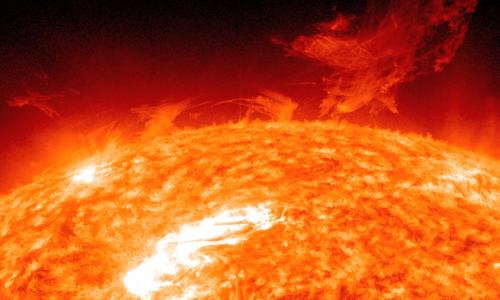
How Does the Sun Affect Our Climate?
Learn how the sun affects our climate in this primer from the Union of Concerned Scientists.
Explainer
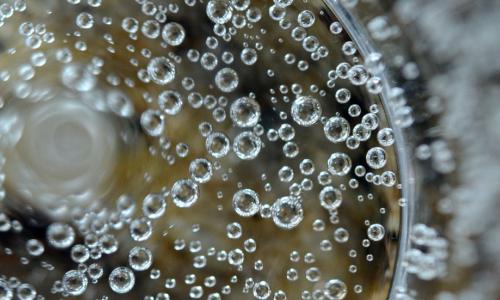
Why Does CO2 get more attention than other gases?
Climate change is primarily a problem of too much carbon dioxide in the atmosphere.
Explainer

The Ozone Hole and Global Warming
Information about the ozone hole and global warming. The ozone hole is not a mechanism of global warming, but both the ozone hole and global warming are caused by human activities.
Explainer
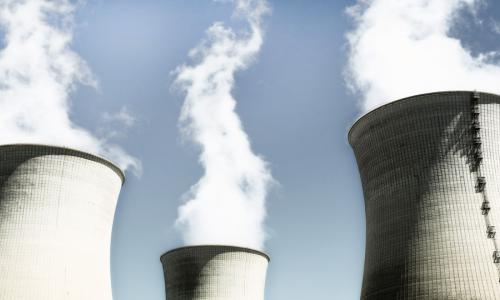
Who's Responsible for Nuclear Power Safety?
Who makes the decisions that affect nuclear safety? The NRC, Congress, state and local governments, and the nuclear industry...
Explainer
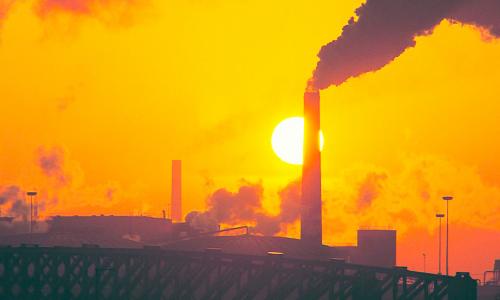
Carbon Pricing 101
When carbon emissions cost money, we produce less of them—but there's more to the story.